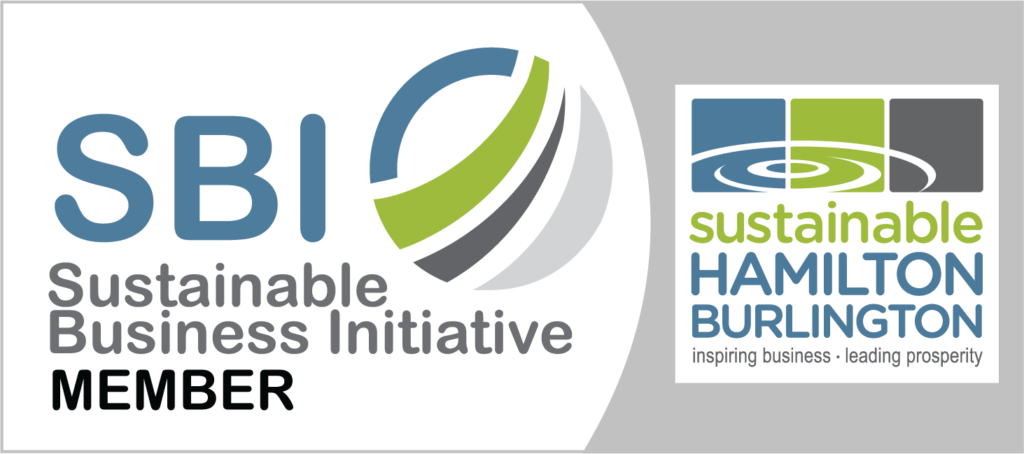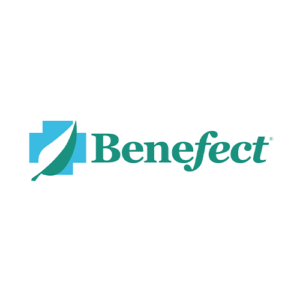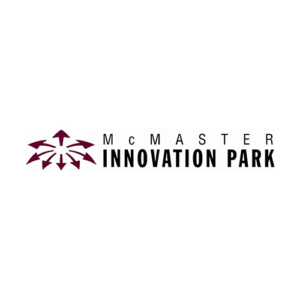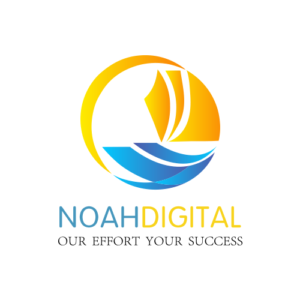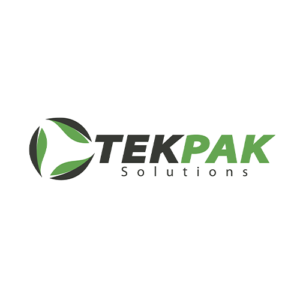

Table of Contents
Click Here to Meet the Real Stars of the Report – The Members Reporting This Year
Greenhouse Gases

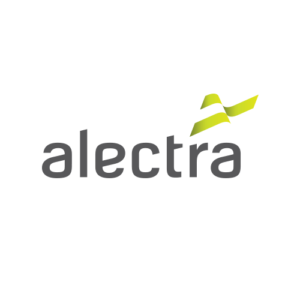
Alectra

Art Gallery of Hamilton

ARYZTA
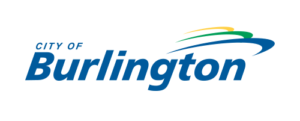
City of Burlington

City of Hamilton
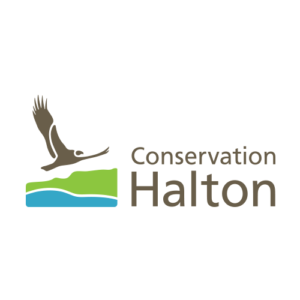
Conservation Halton

Hamilton Health Sciences

Hillfield Strathallan College

John C. Munro Hamilton International Airport
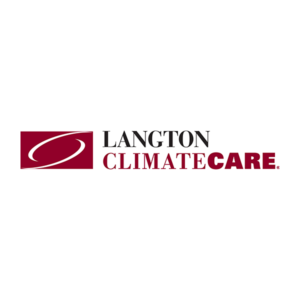
Langton ClimateCare

mcCallumSather

Mohawk College
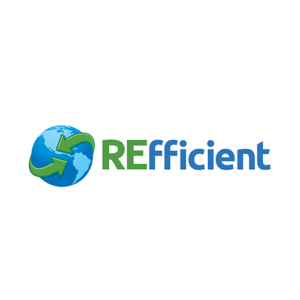
REfficient

Royal Botanical Gardens
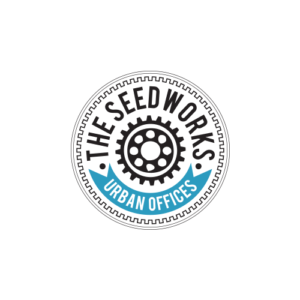
Seedworks Urban Offices

Spotted Properties

Walker Emulsions

WalterFedy

Wolseley

Zip Signs
Waste
B Lab

Global Reporting Initiative
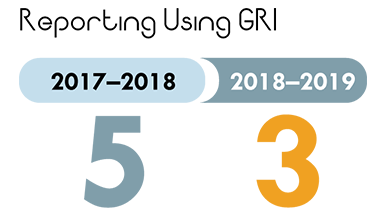
HAMILTON HEALTH SCIENCES
The sustainability report was undertaken by compiling a large amount of qualitative and quantitative data and information about out key environmental and social indicators. The process itself was very enlightening and it allowed the stakeholders the opportunity to see how their program/disciplines work connected to the larger picture of organizational sustainability. The process also highlighted the opportunities for improvement in areas such as program collaboration, data capture, performance measurement and communications. The stakeholder engagement with the materiality assessment also highlighted that staff are engaged and concerned about environmental health topics in areas beyond what are presently measured or can be easily captured in a report such as this.
The report also has highlighted a number of areas that they will continue and/or start to track and measure in future years, such as:
- Organizational volunteer work and community outreach
- Opportunities for training and education, especially related to environmental sustainability and diversity
- Environmental metrics such as waste and energy
- New environmental metrics & initiatives related to water
- Corporate engagement and outreach on issues related to environmental sustainability
- Metrics focused on gender, diversity and inclusion
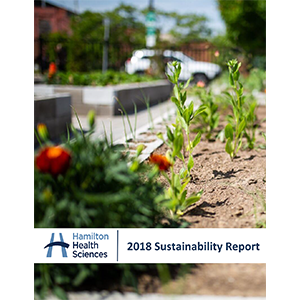
ROYAL BOTANICAL GARDENS
In their 2018 report Royal Botanical Gardens (RBG) aimed to provide detailed and comparable information on their business impacts by including more historical data than their 2017 report. While their current greenhouse gas reduction target has a baseline of 2017, they provided energy and emission data from 2016-2018. The same approach was taken for their waste, water and biodiversity disclosures.
They continue to use the American Public Gardens Association’s Public Gardens Sustainability Index (PGSI) as a key determinant in what is material for us to measure. The PGSI is an industry-specific tool with a structure that encompasses Environmental, Social, and Financial Sustainability best practices for gardens of all sizes, financial capacities, community demographics, and geographies. In their reports they aim to align the attributes of the PGSI with the disclosures of the Global Reporting Initiative.
Since beginning their reporting process they have been able to make progress towards establishing effective systems for measuring, setting goals and communicating on their performance in environmental areas. They are excited to be positioned to be able to establish greenhouse gas, waste and water reduction targets in the near future.
Capturing the wide variety of activities taking place at RBG is a challenging process and stakeholders span across a variety of unique departments. While their GRI report has been prepared from a department focused on environmental sustainability, they worked to expand on the information shared in this report in social and economic areas of their operations. Expanding this scope further will be a major focus area of their 2019 GRI report.
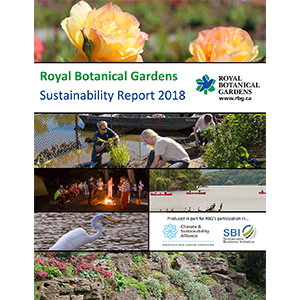
WALKER EMULSIONS
All information reported in the 2018 report was identified through a Materiality Analysis conducted in 2017 for the 2016 report. This was an internal analysis.
In 2019, Walker plans to update their Materiality Analysis and broaden their stakeholder engagement, to include the opinions of their external stakeholders, as they transition their reporting to the new GRI Standards. They also plan to set specific goals to reach with their updated list of indicators. They are proud of the progress they have made with respect to their GHG reductions, but know that there is a lot more work to do. With their Climate Action Plans and Energy Action Plans they will identify areas of opportunity to make changes and further reduce their GHGs.
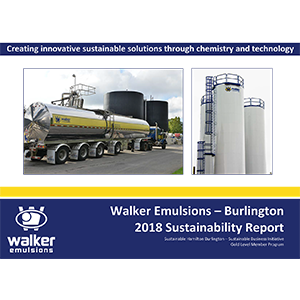
Examples Of Sustainability Initiatives
CLIMATE ACTION
Energy Management
- Energy management systems or energy plans
- Lighting retrofits and automation projects
- HVAC improvements
- Boiler retrofit
- Renewables, storage and offsets
- Climate Resilience Plans
- Window retrofits
- Lights out campaigns
Transportation
- Ride sharing and carpooling programs
- Bicycle commuter infrastructure projects (hydration stations, new locking stations, bike shelter)
- Implemented EV charging stations
- Transitioning fleet to electric vehicles
WASTE REDUCTION
- Conducting waste audits
- Waste Diversion Campaigns
- Waste Reduction Campaigns
- E-waste recycling programs
- Double sided printing policy
COMMUNITY
- Company volunteering initiatives
- Community dollars invested
- Pollinator and biodiversity projects
ECONOMIC
- Procurement policies
- Created more job opportunities
- Companies offering professional development opportunities






